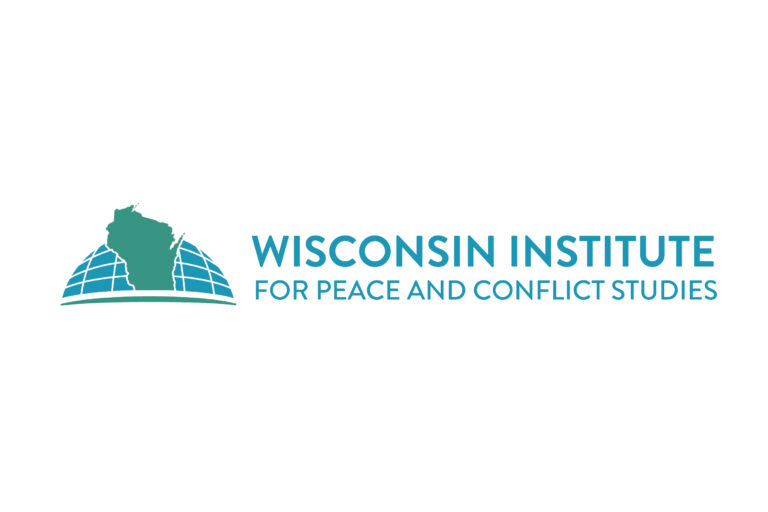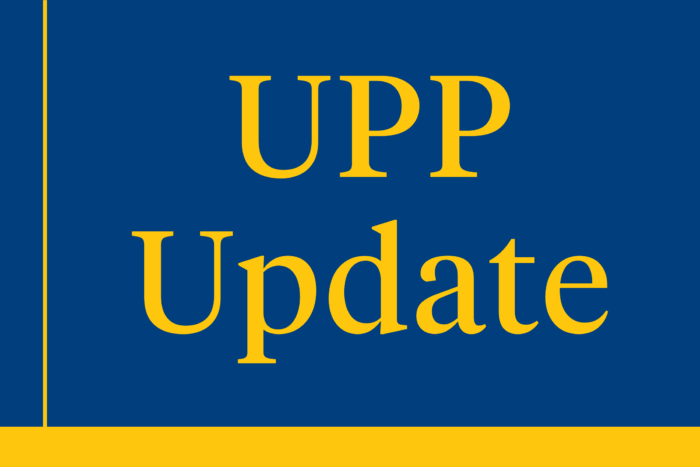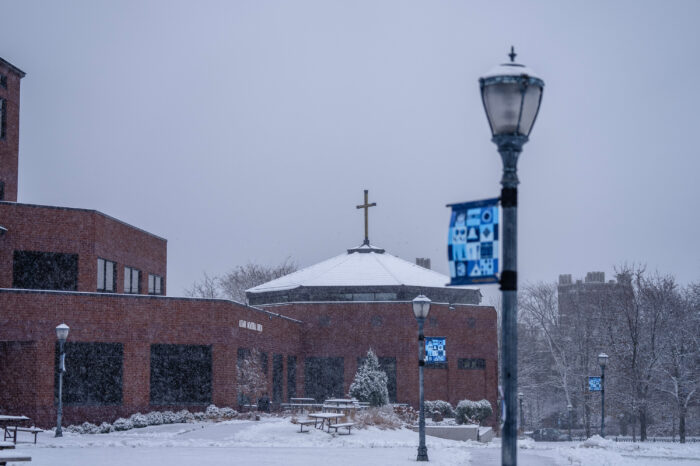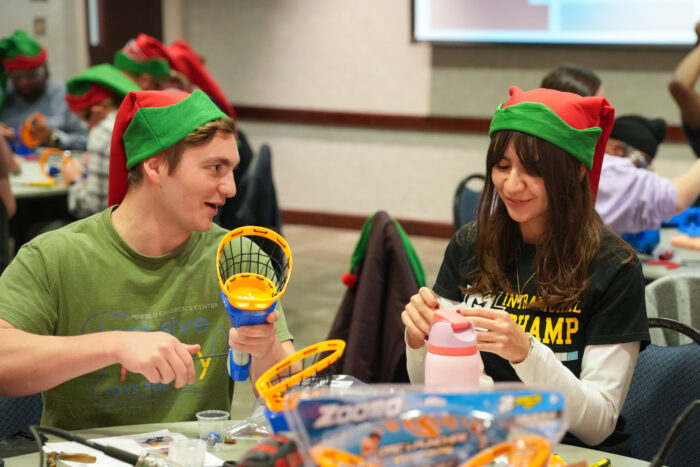The Wisconsin Institute for Peace and Conflict Studies (WIPCS) 40th annual conference, hosted by the Marquette University Center for Peacemaking and Peace Studies, invites students, academics and activists to the Marquette campus for a one-day conference. This year’s conference theme is “A More Peaceful and Just Future is Possible: Charting Paths from Failed Institutions to Collective Liberation.”
There will be multiple ways to engage throughout the day, including panels, plenaries, workshops, creative presentations, displays, discussion sessions and community tours, concluding with the annual awards ceremony.
Pre-registration runs from March 1 until April 1, with on-site registration available on April 4. The draft schedule will be released on Tuesday, March 4.
Submit papers by Friday, Feb. 10
Faculty, students, activists and youth who wish to participate are encouraged to submit proposals to present. Submissions may represent a variety of formats:
- Individually submitted papers (to be organized into panels by the conference committee)
- Panels (3-4 individual papers or presenters linked thematically)
- Films, creative works, photographic displays and art presentations
- Roundtable discussions (interactive, facilitated discussion led by presenter/s)
- Teaching and/or skill-building, interactive workshops
Peace and conflict studies are very broad and can engage with virtually any academic discipline. Thus, the conference will consider all proposals. The Center for Peacemaking especially encourages submission of proposals that align with the conference theme and/or that address the following areas:
- Establishing and supporting broad-based movements for peace, justice and liberation, including under repressive conditions
- Being accountable to people and communities most impacted by interpersonal and systemic violence
- Building our understanding of power through knowledge of how oppressed communities are differently affected by domination systems
- Exploring the depth and breadth of peace scholarship originating from a wide range of disciplines, including those not commonly represented
- Exposing global challenges such as mass migration, resource-motivated military interventions, and the disparate effects of environmental changes in a post-colonial world
- Critiquing state power and militarism that inhibits popular movements for peace, justice, and liberation
WIPCS, Marquette University Peace Studies and the Marquette University Center for Peacemaking are committed to providing a welcoming environment designed to facilitate the sharing of work and ideas across disciplines, especially to first time presenters.
Proposals can be submitted online. Submissions are limited to two per person.
For more information, contact Jenna Harb, conference organizer, at jenna.harb@marquette.edu.



